More US states challenge Trump’s travel ban
US President Donald Trump's revised travel ban is facing new legal challenges as several states have joined Hawaii, which filed a lawsuit against the president’s executive order.
On Monday, Trump signed the order placing a 90-day ban on people from six mainly Muslim countries.
On Wednesday, US District Judge Derrick Watson, a federal judge in Honolulu, Hawaii, said the state can move forward with filing what would be the first lawsuit challenging Trump’s revised travel ban.
On Thursday, three US states joined Hawaii in the legal challenge against the executive order. Washington state argued that the revised order violates the constitution "by disfavoring Islam.”
Bob Ferguson, the state's attorney general, said the new order still suffers from legal flaws.
"My message to President Trump is - not so fast," Ferguson said. "After spending more than a month to fix a broken order that he rushed out the door, the president's new order reinstates several of the same provisions and has the same illegal motivations as the original."
Attorney generals in the states of New York, Massachusetts and Oregon said they had taken steps to join the lawsuit.
A day after Trump signed the new executive order on March 6, attorneys for Hawaii filed their proposed revision in federal court, along with a motion asking that it be allowed to proceed.
The revised travel ban changed and replaced the original, more sweeping executive order issued on January 27 that caused chaos and protests at airports and was challenged in more than two dozen lawsuits across the US.

A federal judge in Seattle, Washington, blocked the first order, in a decision upheld by an appeals court in San Francisco, California.
The judge questioned the Trump administration's use of the September 11, 2001 terror attacks on the US as a justification for the travel ban and said such measures must be “based in fact, as opposed to fiction.”
The new order maintains a 90-day ban on travel to the US by citizens of Iran, Syria, Libya, Yemen, Somalia and Sudan, but excludes Iraq and applies the restriction only to new visa applicants. It also removed an indefinite ban on Syrian refugees.
Sirens sound across Tel Aviv as Hezbollah fires barrage of missiles at Israeli target
Israeli ‘archeologist’ who toured south Lebanon in military uniform to falsify history
The important of Venezuela for Iran
Iran beats traditional rival Russia in freestyle and Greco-Roman wrestling friendly
Rape trials trigger protests against French ‘sexist and misogynistic’ culture
US photographer opens Berlin exhibition with anti-Israel speech
VIDEO | Press TV's News Headlines
VIDEO | US 'non-profit killer’ bill targets pro-Palestinian groups


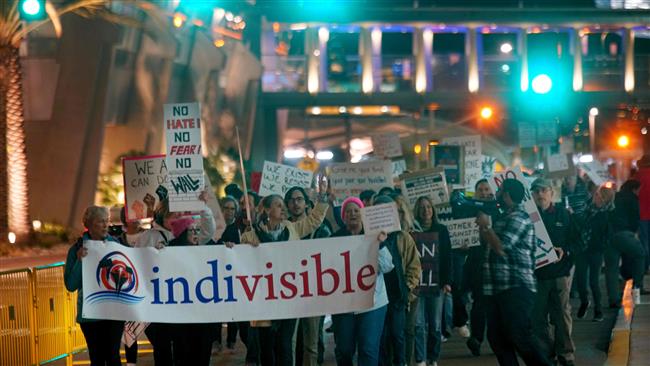
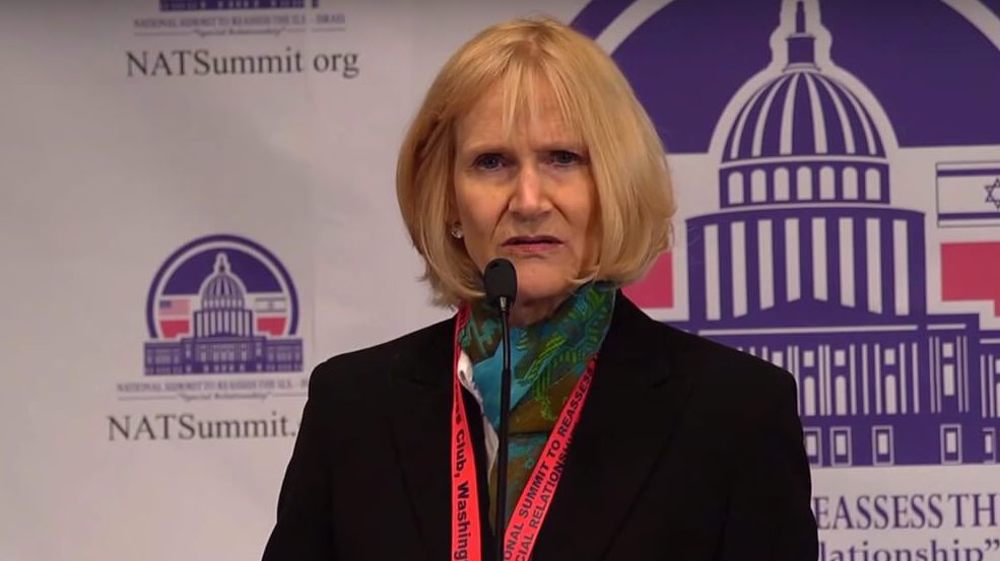





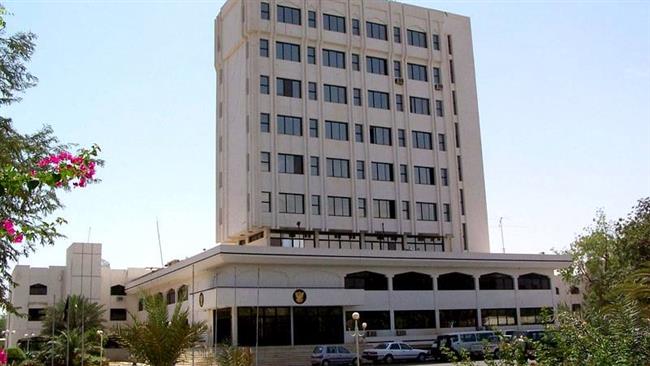
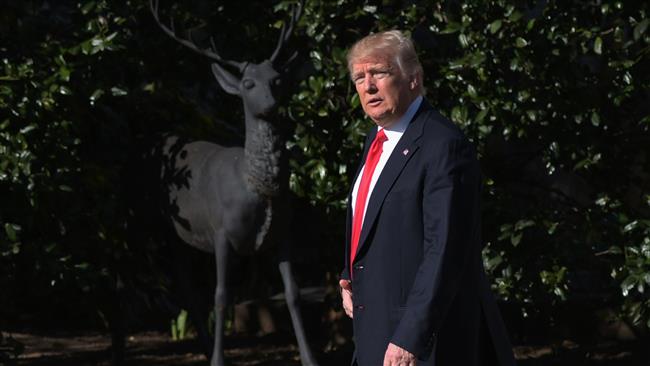
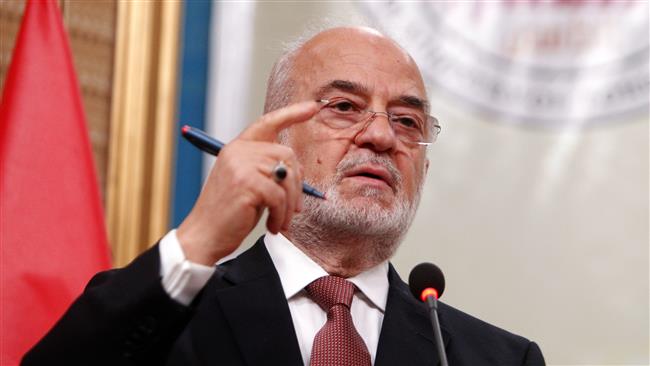
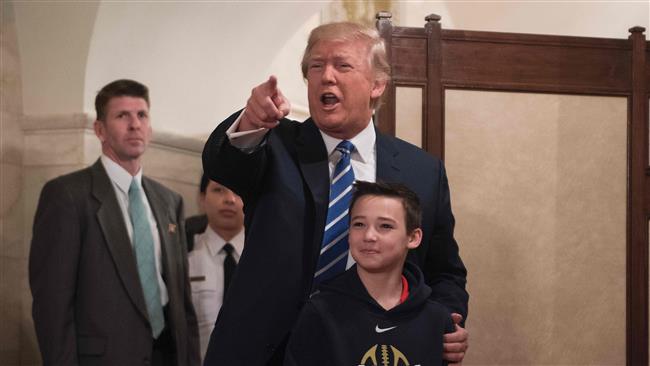
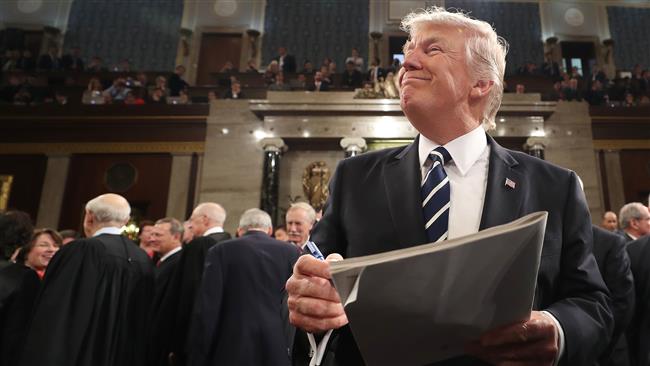
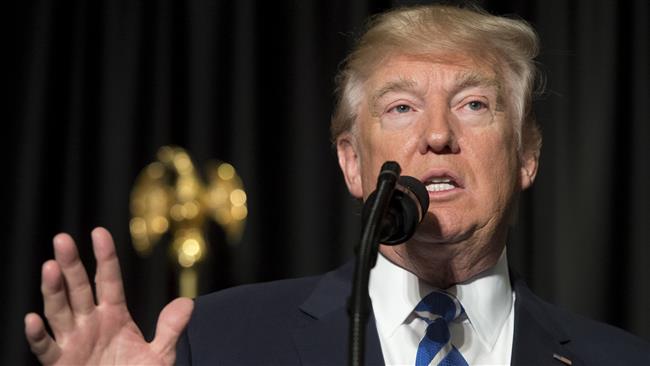

 This makes it easy to access the Press TV website
This makes it easy to access the Press TV website